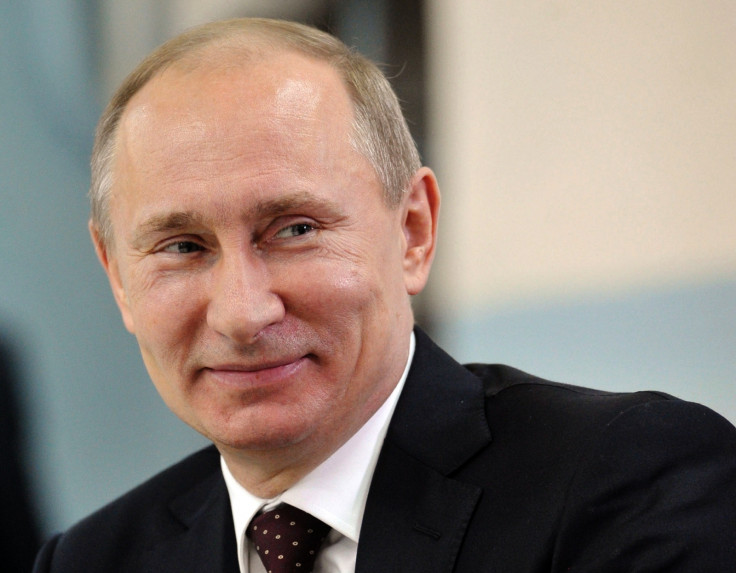British politician Ben Bradshaw criticised for claiming Russian hackers 'probably' influenced Brexit
'That's a bit rich coming from a prominent Remain supporter,' an opponent said.

A British politician has been criticised after claiming that Kremlin-linked hackers "probably" used cyberwarfare tactics to influence the outcome of the Brexit vote earlier this year.
Ben Bradshaw, a Labour MP and a vocal 'Remain' campaigner, stood up in the House of Commons during an emergency debate on the ongoing crisis in Aleppo to speak out about the possibility hackers may have played a role in the UK public's vote to leave the European Union (EU).
"I don't think we have even begun to wake up to what Russia is doing when it comes to cyberwarfare," he said. "Not only their interference, now proven, in the American presidential campaign, probably in our own referendum last year."
He added: "We don't have the evidence for that yet, but I think it's highly probable.
"Certainly in the French presidential election, they will be involved, and there are already serious concerns in the German secret service that Russia is already interfering in the elections coming up.
"We've got to wake up to this. When are we going to wake up to this?"
In response, his claim was rubbished by political opponents and a spokesperson for the office of Prime Minister Theresa May. "I have not come across any evidence that Russian cyber warfare was used to influence the referendum," said a statement from Number 10.
It added: "The referendum was run in this country, it was a very clear vote and we are now getting on with delivering on the will of the people to take Britain out of the European Union."
Speaking to the MailOnline, conservative MP Andrew Bridgen said: "That's a bit rich coming from a prominent Remain supporter who was part of a campaign that employed all the tactics of the discredited Soviet Pravda in pursuit of Project Fear.
"I would ask him to bring forward what evidence he has that Russia hacked the referendum."
The fears over Russian hackers escalated after cyberattacks against prominent groups including the Democratic National Committee (DNC) and the World Anti-Doping Agency (Wada). Fears are also rising over influence tactics being used against the upcoming German elections.
According to Alina Polyakova, a senior fellow for the Future Europe Initiative at the Atlantic Council, Brexit will provide "an opportunity for Moscow to gain a toehold" in British politics but to date the UK has largely remained "resistant" to the Kremlin's efforts of political influence.
Aric Toler, a researcher specialising in Russia, Ukraine, and eastern Europe currently working with investigative outfit Bellingcat, told IBTimes UK Bradshaw was likely referencing the sort of "propaganda amplification" distributed by Russian state-backed websites like RT or Sputnik.
"I don't think they're easy to compare, as there was the more direct interference with WikiLeaks in the US elections, and we didn't have an equivalent in Brexit," he noted.
© Copyright IBTimes 2025. All rights reserved.






















